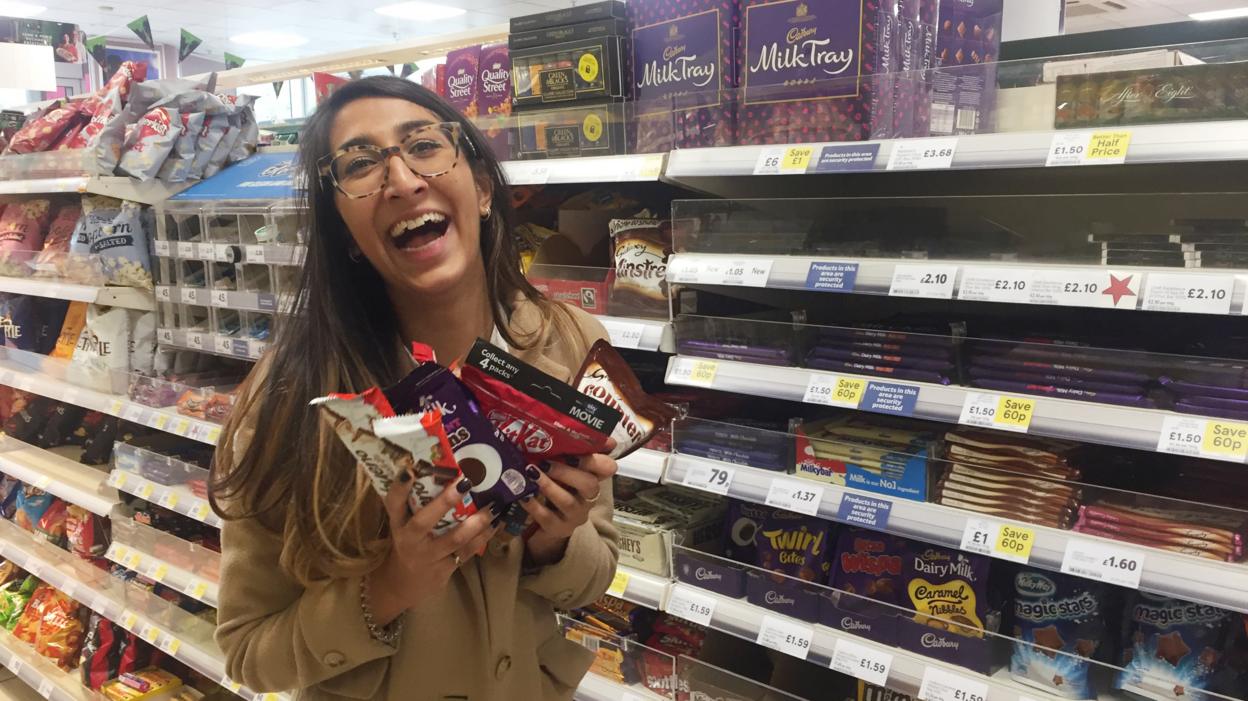Giving up sugar was the worst thing I ever did
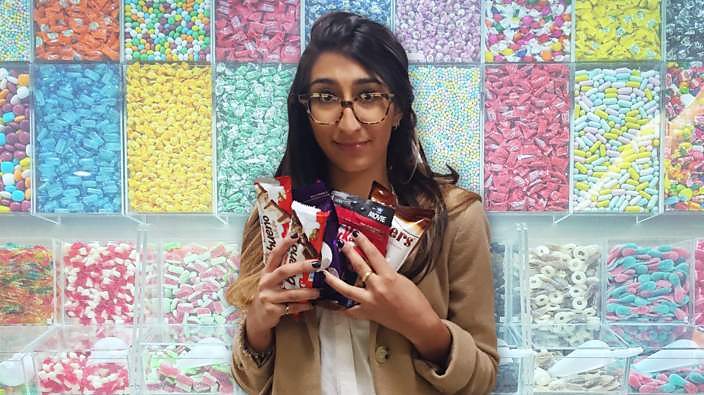
Giving up sugar was the worst thing I ever did.
- Published
IвҖҷm sobbing at my desk. My colleagues look at me like IвҖҷm unhinged.
вҖңAre you okay?вҖқ they ask. IвҖҷm one month into life without sugar and I am categorically not okay. I have gone from eating at least one dessert a day (normally a chocolate pot or supermarket soufflГ©) to someone completely and utterly #sugarfree. ItвҖҷs the first time IвҖҷve ever tried any kind of diet and itвҖҷs an unmitigated disaster.
вҖңI justвҖҰ wantвҖҰ CHOCOLATE!вҖқ I wail.
Now, IвҖҷve always eaten fairly sensibly. My meals consist of carbs, proteins, good fats (like avocado and nuts), and lots of fruit and veg. I exercise and have always been a healthy weight, so IвҖҷve never felt the need to diet. Until now.
The constant bad news about sugar has suddenly got to me. There are stats showing that sugar consumption is at its highest level in history. The government is trying to get the food industry to cut the amount of sugar in popular products like chocolate bars by 20% by 2020.
I realise that I am the average UK adult, who consumes at least 15 teaspoons of sugar a day. (This may sound a lot, but there are seven teaspoons in just one fizzy drink can.) The World Health Organisation recommends eating just six.
A high-sugar diet is , and being overweight can A 2014 study found that there is a among people who get a lot of their calories from added sugar.
IвҖҷd started to feel I was on a path to all-round destruction. I went online for moral support, and found the #nosugar celebrities, experts and nutritionists. TheyвҖҷre all over Instagram, from Hollywood stars like Gwyneth Paltrow, or вҖҳI Quit SugarвҖҷ author Sarah Wilson, to ordinary girls making rye porridge in their kitchens. They had one message: donвҖҷt cut back on sugar - give it up entirely! In my state of confusion вҖ“ and my desire for their glowing skin вҖ“ I decide to do it.
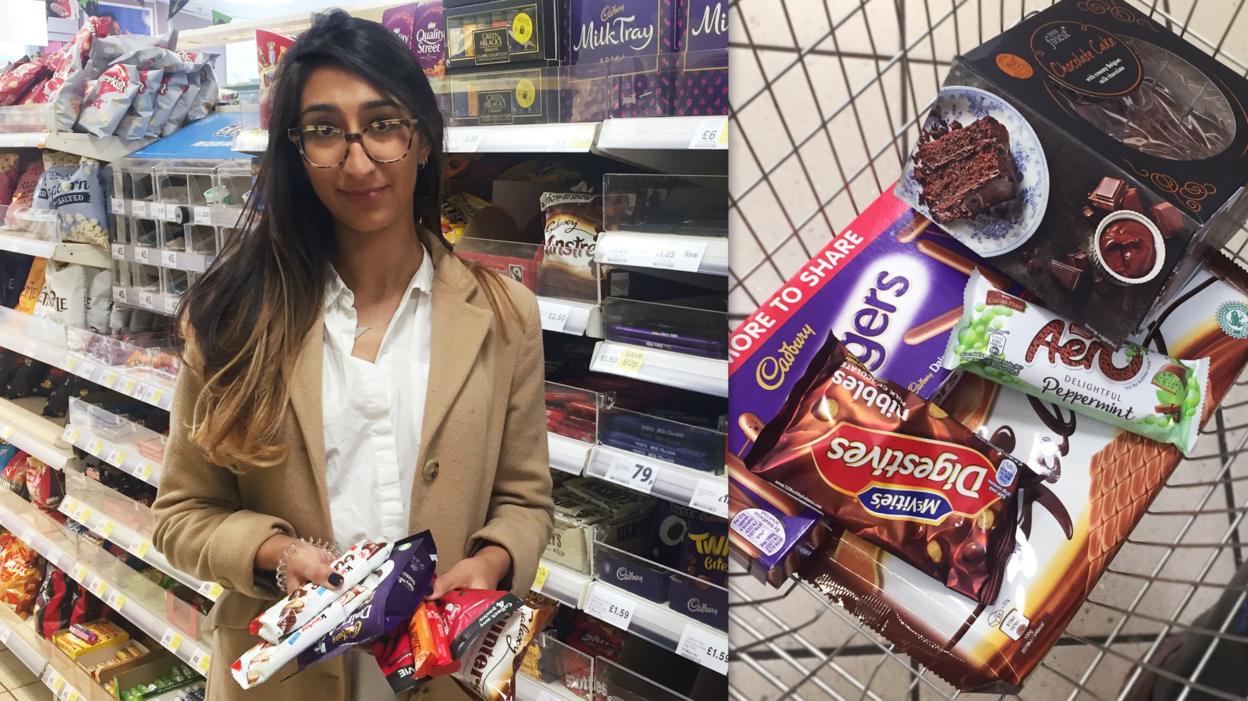
I give up desserts, alcohol and honey, but stick with the fruit, carrots and sweet potatoes, even though many вҖҳexpertsвҖҷ recommend giving up fructose.
My first fortnight involves mood swings worse than puberty. I have agonising headaches and feel permanently hungover. I cry at my desk at 4pm daily when my lunch high wears off. I snap at people. Only the calming sweetness of a lovely banana helps, but the nagging thought that Gwyneth would never dream of touching so much fructose laces that small pleasure with guilt.
After three weeks, my headaches miraculously clear. I feel semi-human, and when someone offers me a birthday slice of a Colin the Caterpillar cake, IвҖҷm actually okay saying no. Has it worked? Have I reached the nirvana point of no longer craving sugar?
No. At 11pm I find myself desperately hunting some year-old Easter mini eggs that I know are in my cupboards somewhere.
I used to be relaxed about food but now my weekly shop takes double the time as I stress about what to buy. I scour supermarkets for rice malt syrup вҖ“ fermented brown rice and water that allegedly tastes like honey вҖ“ and panic over the high sugar content of tomato-based pasta sauce. At birthday dinners I watch people eat cake and drink wine while I sip on a tap water.
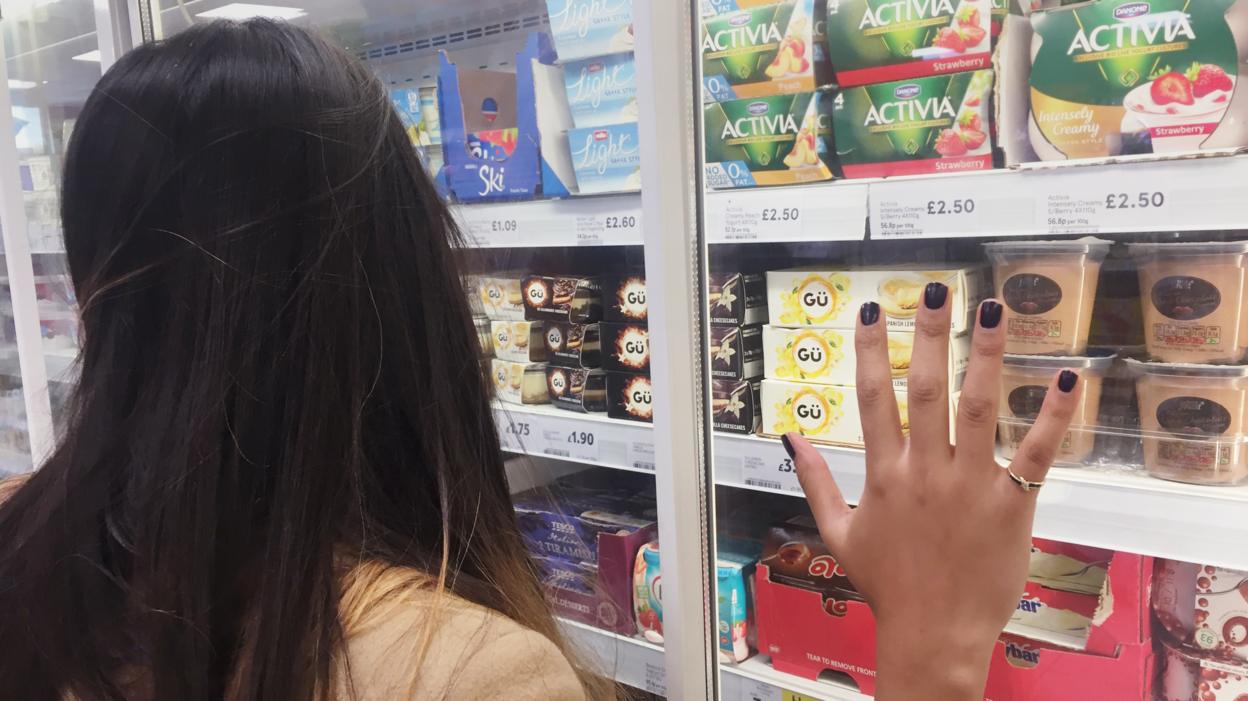
Two months in, one of my colleagues snaps. вҖңRadhika вҖ“ youвҖҷre becoming obsessed with not eating sugar for no reason. YouвҖҷre not overweight, your teeth are fine and you eat loads of vegetables. Why are you putting yourself - and us - through this?вҖқ
It was the reality check I needed.
When I tell Dr Hisham Ziauddeen, a clinical senior research associate at the University of Cambridge, about my failed experiment, he is silent.
вҖңButвҖҰ why did you do it?вҖқ he asks. I reference the recent studies on sugar. вҖңYes, but why did you give it up entirely?вҖқ I pause. The of our daily calories come from added sugar - about 25 grams. I cannot find a medical study telling me to give it up entirely. The zero-tolerance approach I opted for came from bloggers, and celebrities like Davina McCall with her 5 Weeks To Sugar-Free book.
He sighs, and tells me that many of these self-styled nutrition experts are nothing of the sort. While Dr Ziauddeen points out the health benefits of cutting down on sugar - from improving dental care to reducing weight gain - he tells me, вҖңGiving it up altogether seems cultish.вҖқ
ItвҖҷs not just sugar. The #cleaneating movement encourages people to give up entire food groups, from dairy to grains. Dr Ziauddeen says it makes sense if you have allergies, but if not, it can do more harm than good.
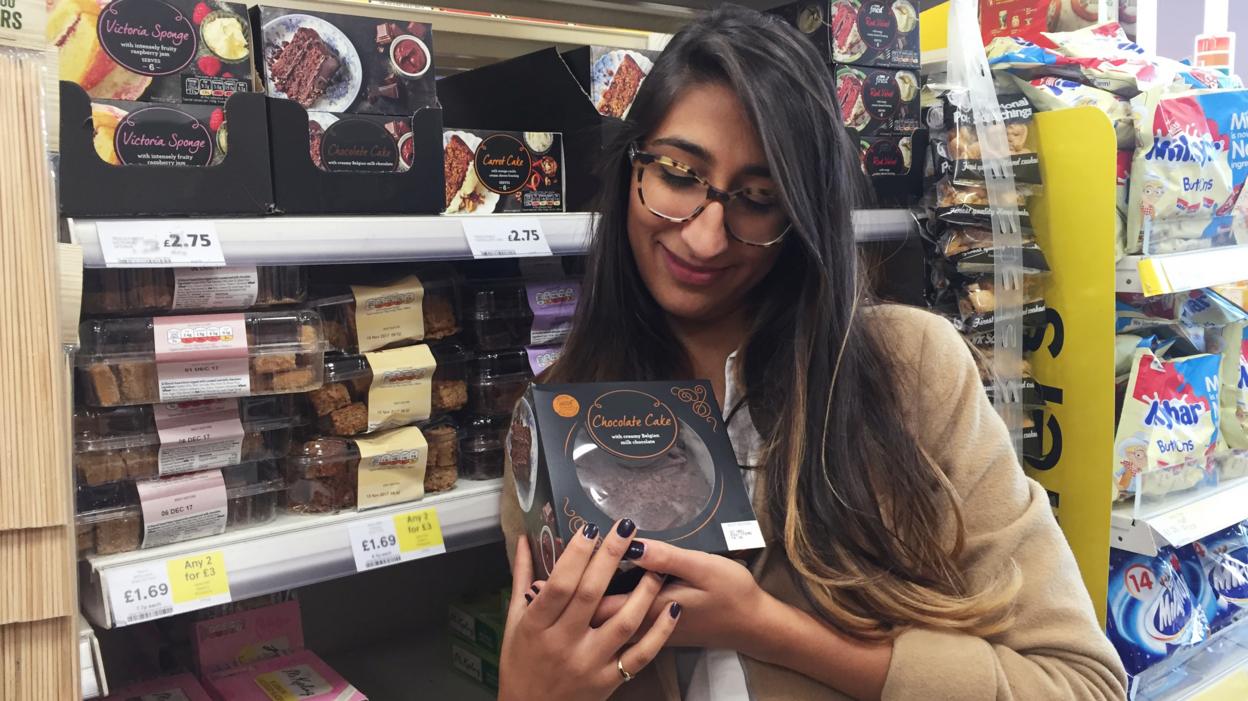
вҖңYouвҖҷre subscribing to a philosophy about eating rather than a scientifically guided way of eating, and it comes with varying degrees of problems. You have to be careful youвҖҷre not missing out on micronutrients like iron and vitamins. And being completely preoccupied with what youвҖҷre eating isnвҖҷt particularly useful for you вҖ“ it takes time and mental resources away from other things you could be doing.вҖқ On the extreme end, he sees people so obsessed with what they eat that they develop psychological issues.
The has never said that people should avoid all sugar. After a seven-year review, they found that (unsurprisingly) eating more sugar was associated with tooth decay, and that the higher your sugar consumption the larger your waistline is likely to be.
That led to government recommendations to reduce sugar in food and drink on sale in the UK вҖ“ but they still say itвҖҷs okay to have some sugar.
Dr Ziauddeen explains that the #nosugar diet is generally done by people who find it easier to go cold turkey. Some people find it easier to avoid eating an entire bag of chocolate buttons if they donвҖҷt eat any at all. But his advice is the same as my Year Six science teacherвҖҷs: eat a balanced diet.
Personally, IвҖҷd rather work on my willpower than face the miserable effects of a #nosugar life. I hated the way it made me into a diet bore, and I really hated how it made me hate myself. In those two months, I actually started to feel guilty about eating apples.
These days, IвҖҷm taking the expert advice of Susan Jebb, professor of diet and population health at Oxford University. вҖңLots of people enjoy sugar and gain pleasure from it, so one has to find a balance between enjoyment and eating the right amount.вҖқ Ultimately, she says, вҖңItвҖҷs up to individuals to make their own choices.вҖқ
ThereвҖҷs really no harm in eating a sensible, NHS-approved amount of sugar (particularly if itвҖҷs part of a balanced diet and comes with a side of exercise). IвҖҷve learned to ignore the Insta #nosugar crew saying otherwise. They might mean well, but following their advice can sometimes do more harm than good. Just look what it did to me.
